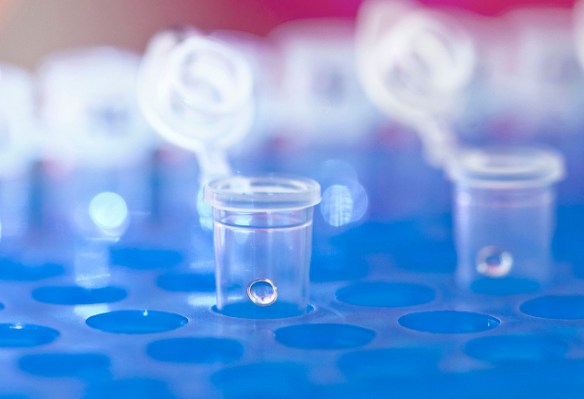Fractyl Labs, which develops treatments for diabetes, has raised a $40 million Series C round led by Mithril, with participation from returning investors General Catalyst, Bessemer Venture Partners, and Domain Associates. The new capital will be used to fund clinical evaluation of a procedure that Fractyl has developed.
Called the Revita Duodenal Mucosal Resurfacing (DMR), Fractyl says it can potentially delay the need for insulin injections in patients with type 2 diabetes.
The Waltham, Massachussets-based company also said that it now has positive clinical data to support the effectiveness of the Revita DMR procedure, which is non-invasive and works by altering the inner surface of the duodenum, or the first section of the small intestine, to change how the body absorbs sugar.
Results from a single-site study that Fractyl performed in Santiago, Chile, showed that the Revita DMR procedure resulted in a greater than two percentage-point drop in hemoglobin A1C levels, which is an important measure of blood glucose, after three months in 19 out of 30 patients. Those 19 patients maintained the same blood sugar level six months after the study was completed.
The study showed that the effectiveness of Revita DMR depends on the dose, because patients who received the procedure on a shorter segment of their duodenum did not have the same benefits as people who received larger doses. Data from the study was presented in August as the 19th World Congress of International Federation for the Surgery of Obesity and Metabolic Disorders (IFSO) meeting in Montreal, Canada.
Dr. Harith Rajagopalan, the CEO and founder of Fractyl, said that the company is preparing to launch a multinational study by the end of 2014 and expects to start clinical development of Revita DMR in the U.S. during 2016.
Mithril co-founder and managing general partner Ajay Royan, who will join Fractyl’s board of directors, said in a statement that “we believe Fractyl’s Revita DMR procedure will be the first solution that can scale to meet the challenges of an epidemic of this magnitude, significantly improving the lives of the 400 million people suffering from type 2 diabetes worldwide.”
Image by Flickr user University of Michigan reproduced under a Creative Commons 2.0 license
